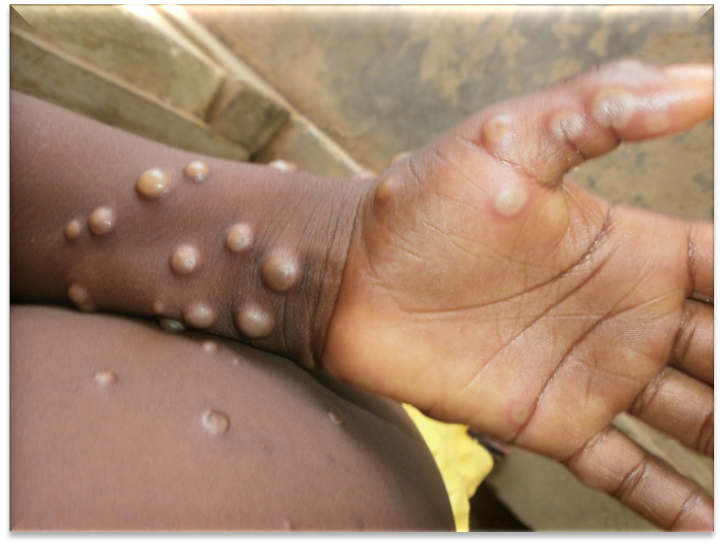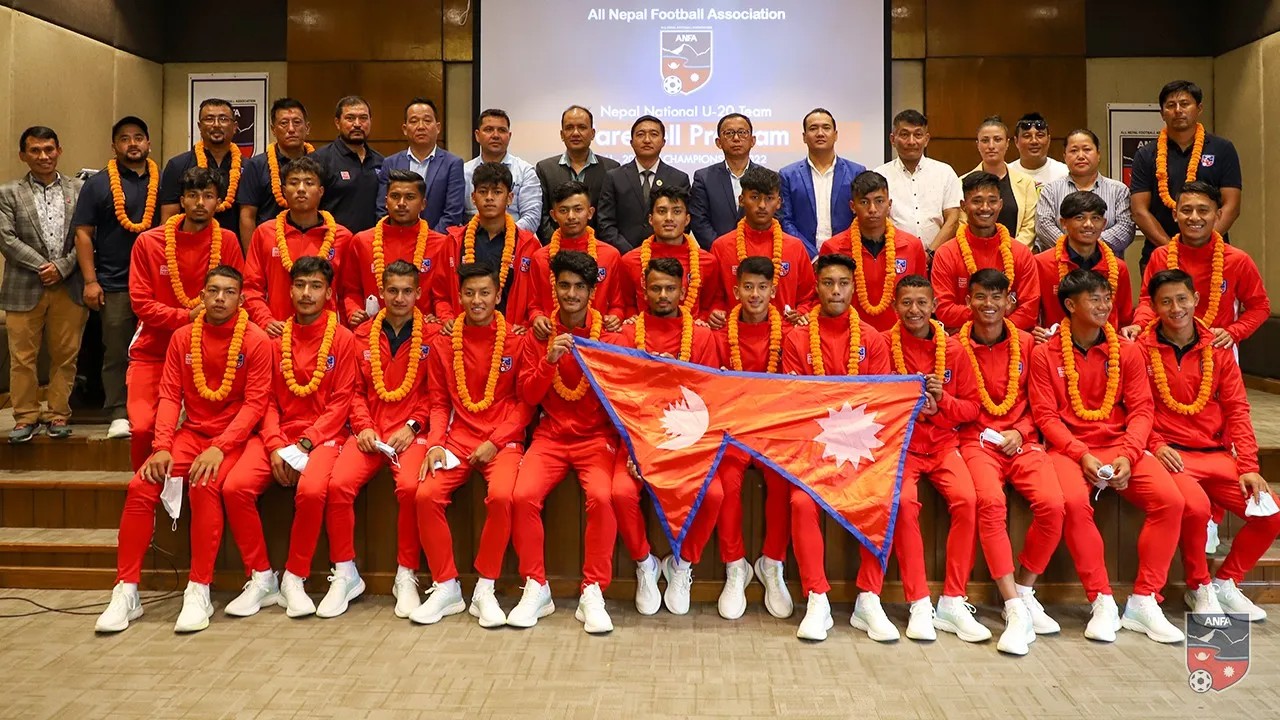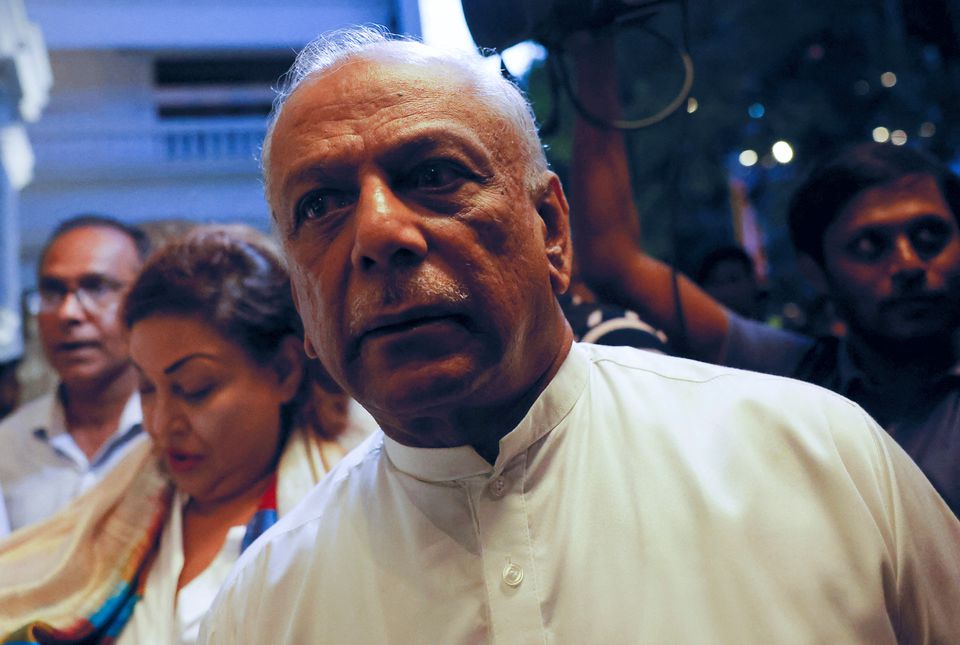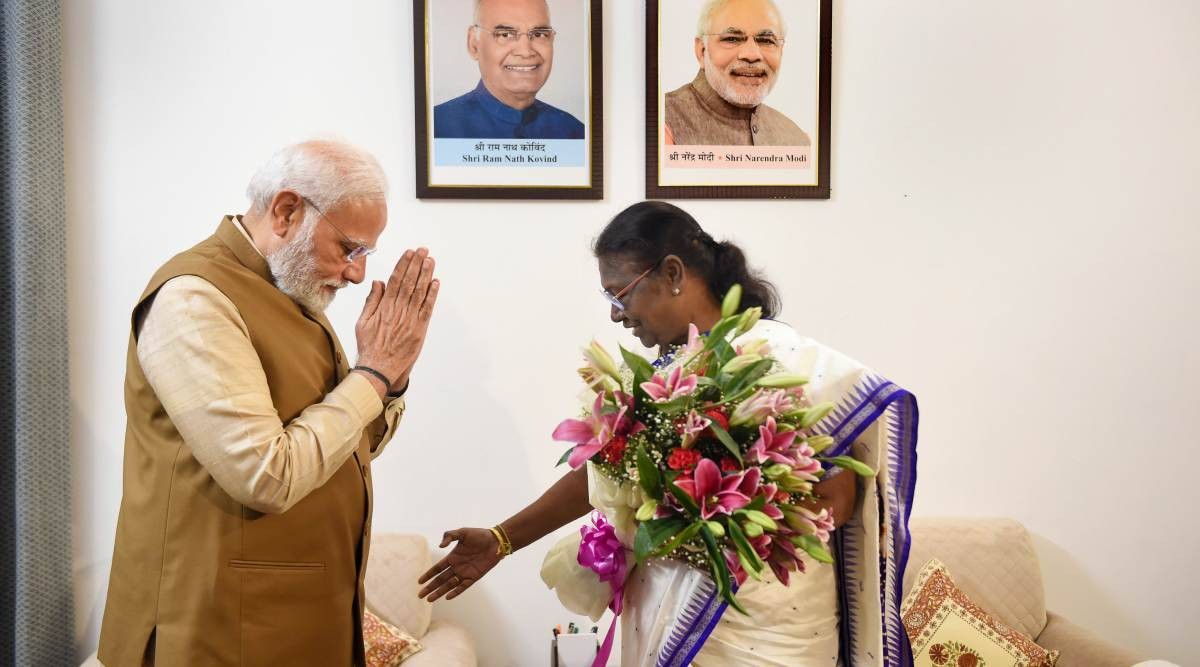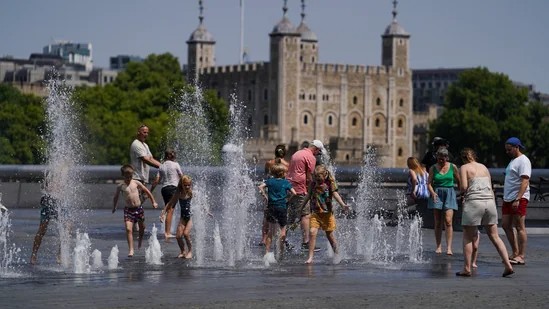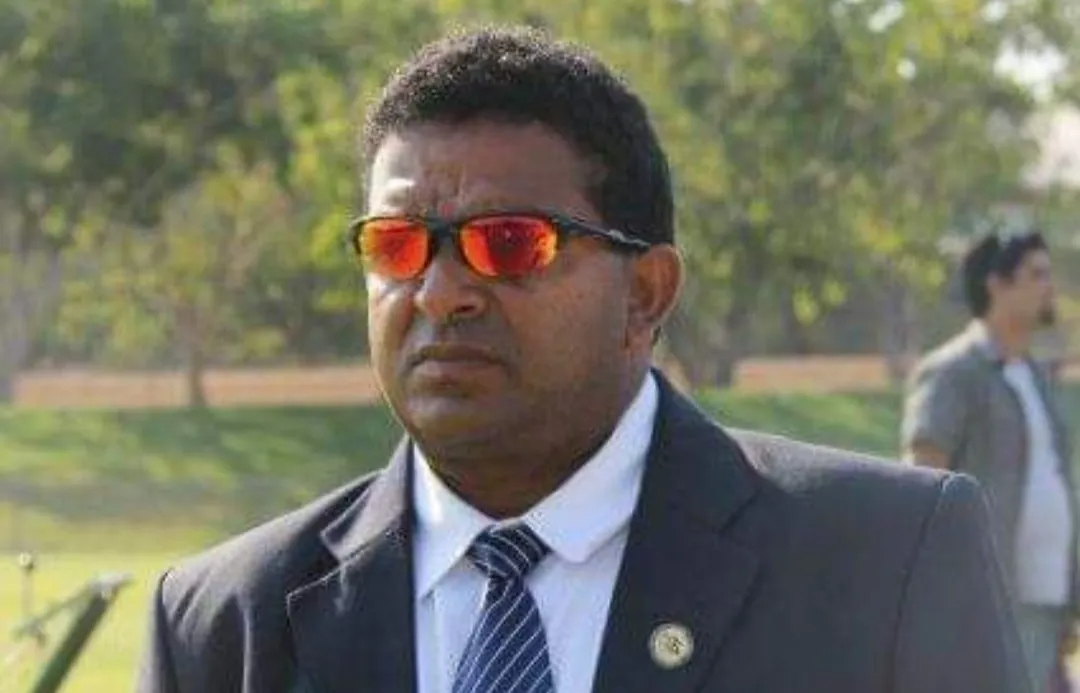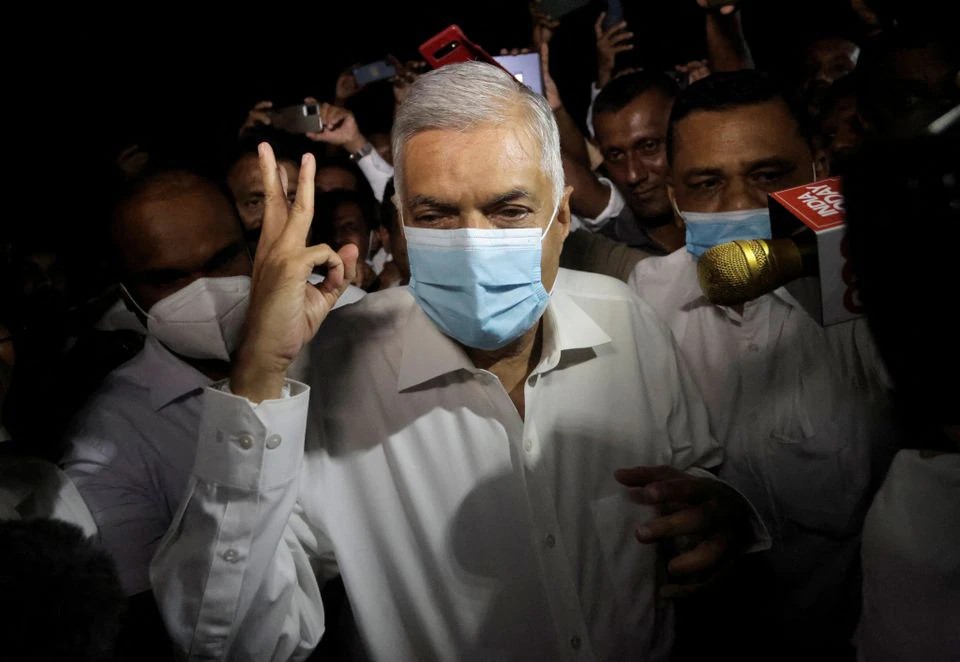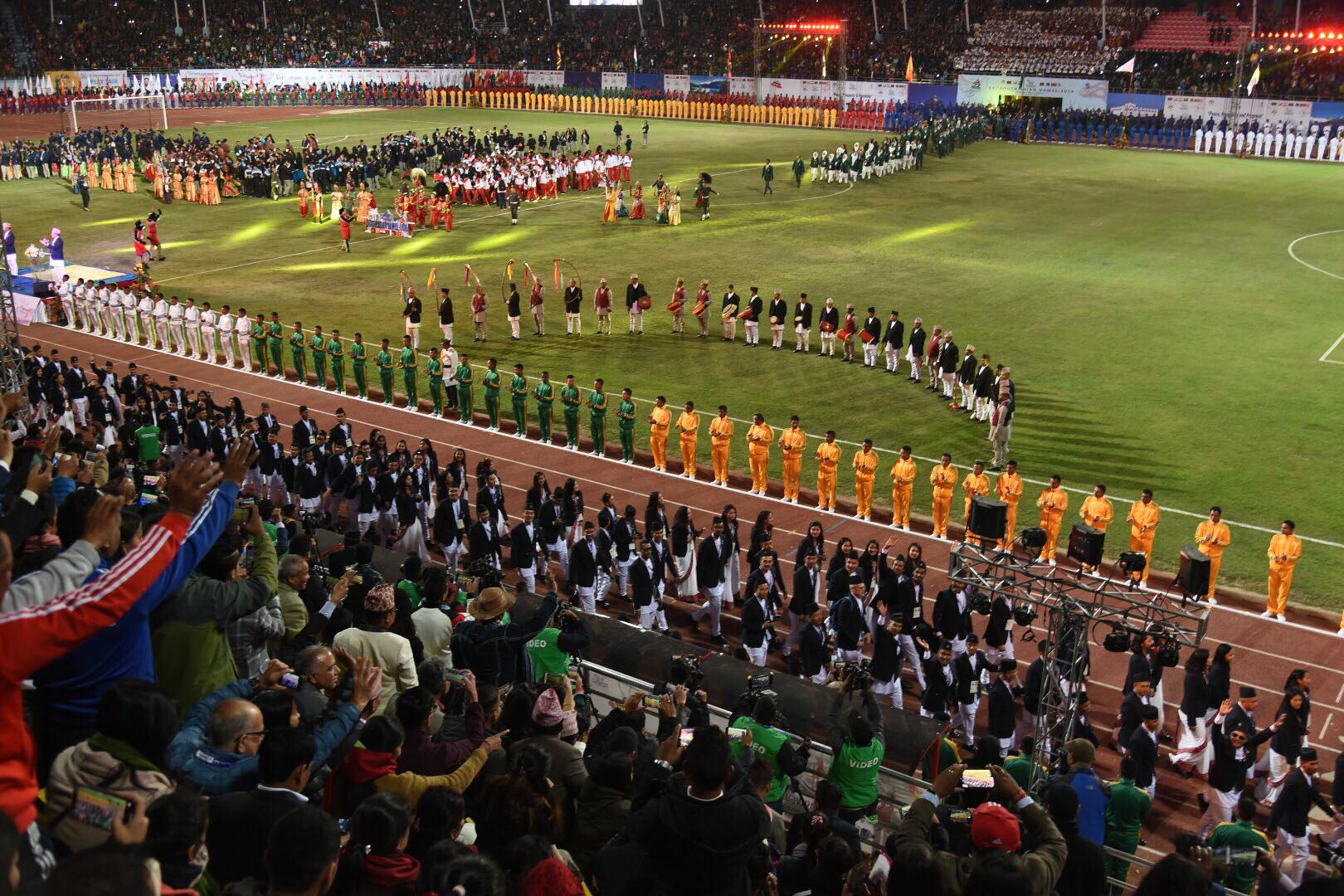The World Health Organization has activated its highest alert level for the growing monkeypox outbreak, declaring the virus a public health emergency of international concern.
The rare designation means the WHO now views the outbreak as a significant enough threat to global health that a coordinated international response is needed to prevent the virus from spreading further and potentially escalating into a pandemic.
Although the declaration does not impose requirements on national governments, it serves as an urgent call for action. The WHO can only issue guidance and recommendations to its member states, not mandates. Member states are required to report events that pose a threat to global health. The U.N. agency declined last month to declare a global emergency in response to monkeypox. But infections have increased substantially over the past several weeks, pushing WHO Director General Tedros Adhanom Ghebreyesus to issue the highest alert.
Before a global health emergency is declared, the WHO’s emergency committee meets to weigh the evidence and make a recommendation to the director general. The committee was unable to reach a consensus on whether monkeypox constitutes an emergency. Tedros, as the WHO’s chief, made the decision to issue the highest alert based on the rapid spread of the outbreak around the world. “We have an outbreak that has spread around the world rapidly, through new modes of transmission, about which we understand too little,” Tedros said.
“For all of these reasons, I have decided that the global monkeypox outbreak represents a public health emergency of international concern.” More than 16,000 cases of monkeypox have been reported across more than 70 countries so far this year, and the number of confirmed infections rose 77% from late June through early July, according to WHO data.
Men who have sex with men are currently at highest risk of infection.
Five deaths from the virus have been reported in Africa this year. No deaths have been reported outside Africa so far. CNBC




